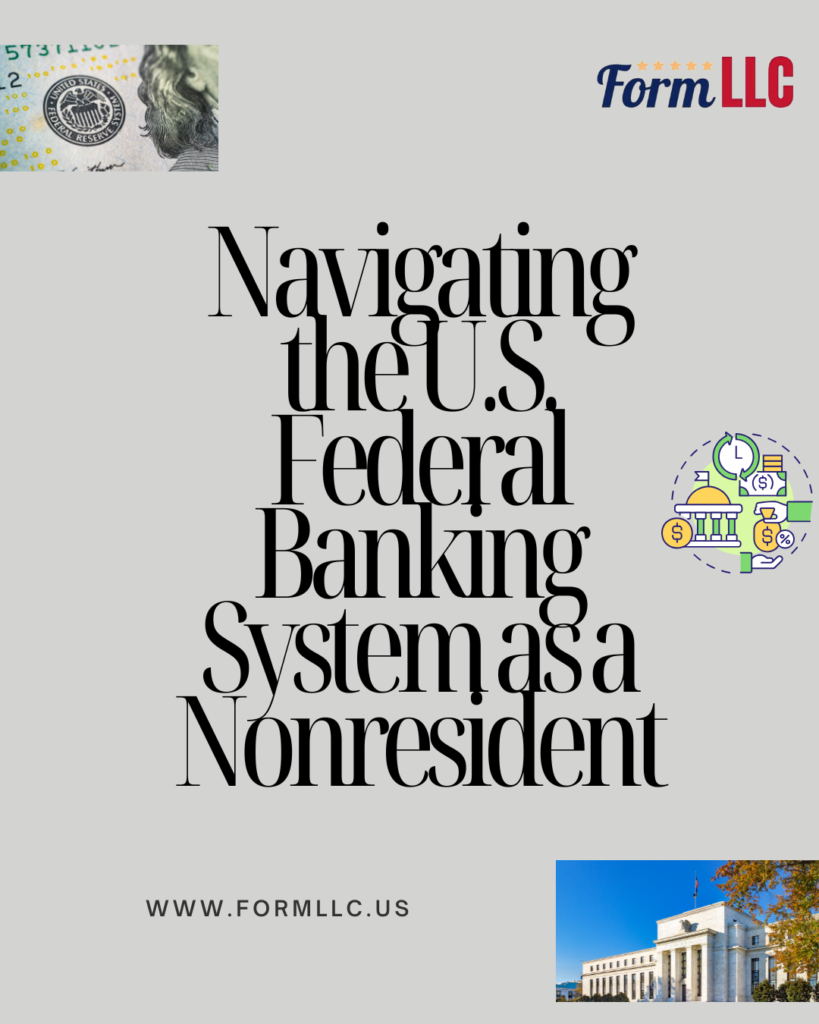
Understanding the Framework
The Federal Reserve, the significant banking authority, oversees the U.S. banking gadget, enforcing financial guidelines and making sure of monetary stability. All banking sports, along with the ones related to non-citizens, are difficult to federal rules, including the Patriot Act and Know Your Customer (KYC) protocols. These legal guidelines mandate exact identification verification to save you cash laundering and ensure stable cross-border transactions.
Challenges for Non-Residents
- Compliance and Documentation: Non-citizens have to offer vast documentation, along with a legitimate passport, Individual Taxpayer Identification Number (ITIN), and evidence of affiliation with a U.S.-registered entity.
- Residency Barriers: Many banks require a U.S.-primarily based total address, complicating the right of entry for those without a bodily presence inside the country.
- Transaction Monitoring: Federal Reserve guidelines implement strict scrutiny over worldwide transactions every now and then, leading to delays or account restrictions.
Emerging Solutions
Virtual banks, including Mercury and Brex, have emerged as feasible alternatives for non-citizens, supplying streamlined accounts and establishing tailor-made for worldwide entrepreneurs. These structures leverage superior generations to simplify strategies while adhering to federal compliance standards. However, account approval stays difficult through KYC checks.
Recent Policy Developments
Regulatory updates have tightened tracking of non-resident banking sports because of geopolitical elements and growing issues over monetary fraud. This has caused a more rigorous assessment of worldwide candidates and stricter documentation necessities.
Strategies for Success
- Preparation: Gather all essential paperwork, along with enterprise registration and evidence of income.
- Consult Professionals: Work with monetary advisors acquainted with U.S. banking legal guidelines to ensure compliance.
- Explore Virtual Options: Consider virtual banking structures that cater mainly to non-citizens for less difficulty getting the right of entry.
Conclusion
The U.S. banking gadget gives significant possibilities for non-citizens; however, fulfillment calls for a proactive technique for compliance and documentation. By leveraging fintech improvements and information on federal necessities, non-citizens can free up the total ability of U.S. banking services.